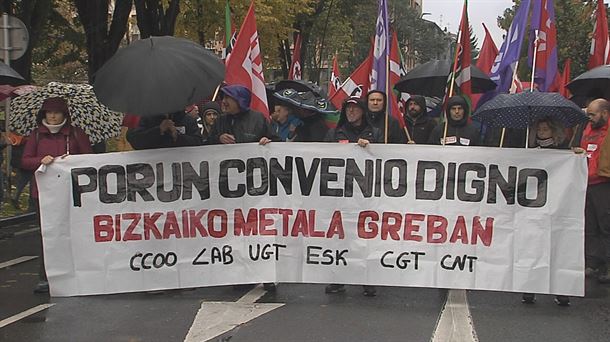Wikileaks Announces Call in “A Black Day for Press Freedom and British Democracy”
United Kingdom Home Secretary Priti Patel on Friday signed an order authorizing the extradition to the United States of WikiLeaks founder Julian Assange, who is accused of spying for leaking thousands of classified documents. although there is scope for a new appeal against this decision.
Assange has tried unsuccessfully in British courts to prevent his transfer to the North American country, citing his fragile health and the severe punishment he could face for his organization’s work in circulating documents in 2010 and 2011.
“The British courts have not determined that it was repressive, dishonest or procedurally abusive to extradite Assange,” a spokesman for the Home Office said in a statement. – advance good administratively to the transfer.
Nor has the United Kingdom found that extradition is in any way “incompatible” with human rights, assuming it will receive a fair trial and that freedom of expression is guaranteed. For example, he expects “adequate” treatment from the United States, “also in relation to the health” of the suspect.
The UK Home Office has also stressed that the United States is a “major” ally in terms of renditions, and that Assange’s hypothetical handover will not take place “until all legal remedies have been exhausted” by the United States. the process in the air.
Wikileaks has ruled it “a black day for freedom of the press and British democracy” and has confirmed the appeal has been given a 14-day deadline, which is expected to delay the process. The organization has recalled that Assange could face a possible 175-year prison sentence in the United States for a case it considers “political” and not legal.
“Julian has done nothing wrong. He has committed no crime and is not a criminal. He is a journalist and an editor, punished for doing his job,” Wikileaks lamented, in a note warning that Patel “will be remembered.” as an accomplice of the United States in their agenda to turn investigative journalism into a criminal case.”.
The organization is not giving up and despite assuming the process is “long and arduous”, it still relies on the success of the “new legal battle” now beginning, with an appeal to the High Court. “Today the battle does not end,” he emphasized.
Assange was arrested in April 2019, after nearly seven years of detention at the Ecuadorian embassy in London. The Wikileaks founder initially took refuge in the embassy to avoid his possible extradition to Sweden, where he was also under investigation, fearing it would be a first step to the United States.
Source: La Verdad
I am an experienced and passionate journalist with a strong track record in news website reporting. I specialize in technology coverage, breaking stories on the latest developments and trends from around the world. Working for Today Times Live has given me the opportunity to write thought-provoking pieces that have caught the attention of many readers.



